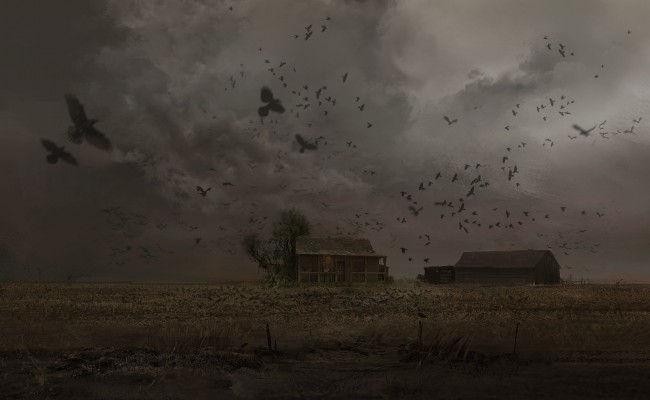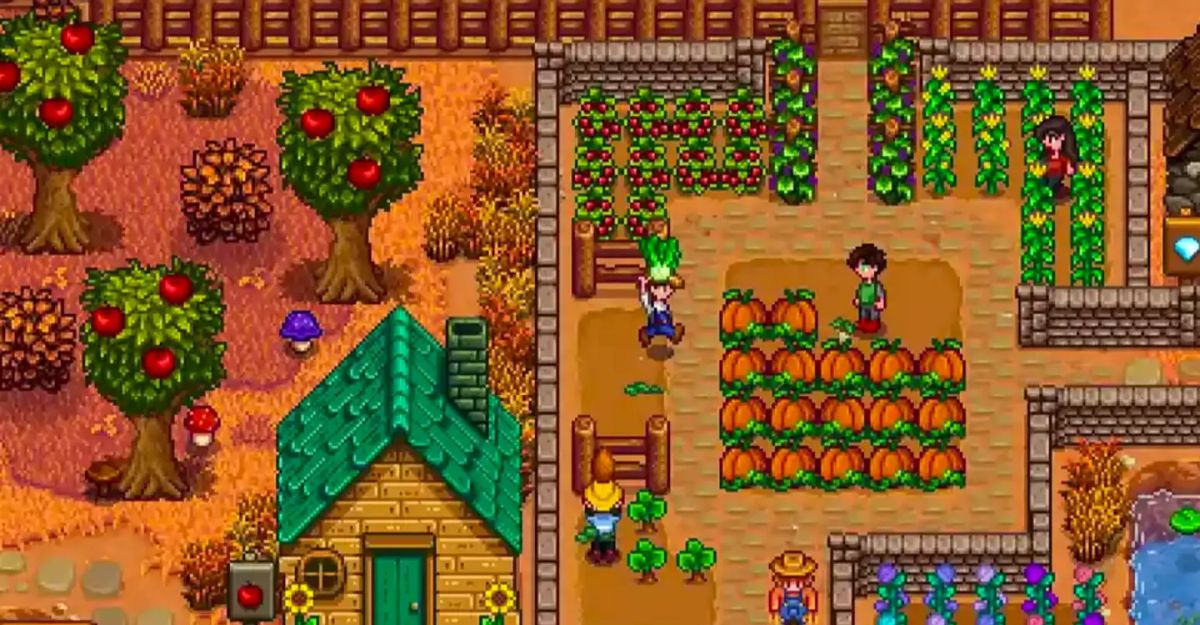The weird is difficult to describe. Often associated with the work of HP Lovecraft, it’s a genre that confronts the corners of imagination and leaves us with far more questions than we started with, because it’s a genre not interested in answers. According to Ann and Jeff Vandermeer, ‘[t]he Weird can be transformative – sometimes literally – entertaining monsters while not always seeing them as monstrous. It strives for a kind of understanding even when something cannot be understood, and acknowledges failure as a sign and symbol of our limitations.’
Examples of the weird can be found everywhere: The Blair Witch Project, The Cabin in the Woods, The Kettering Incident, It Follows and so on. While being popular, unsettling and often funny, all of these works attempt to articulate the indescribable – they seek to dive, eyes shut, into the unknown.
Put another way, the weird is not as simple as a werewolf in the woods. It’s the fear that, deep in your soul, there’s a part of you that you cannot understand, that you cannot control, that you have no hope of taming. Weird is the fear that the werewolf is you.
Perhaps this is why the character of the queer child surfaces in weird stories. Looking at the depictions of Will Byers in hit Netflix series Stranger Things and Ethan Carter in the popular video game The Vanishing of Ethan Carter, we can see that weird fiction is an apt genre to depict the experience of queer childhood.
Firstly – can children be queer? You need look no further than the attacks on the Safe School Program to see that queer children, or yet-to-be-queer or potentially queer children, are a source of fear and taboo in society.
This is because, in the minds of many, to be queer means to have queer sex. Heterosexuality, while sexual, can also be platonic, naïve and asexual, whereas alternative sexualities are always seen as inherently sexual in nature. This equation – of queerness to sex – is what makes the idea of queer children abhorrent to those who subscribe to it.
But queer children do exist, and this existence is problematic to a society that fears – and subsequently stifles – conversation about them. As a result, these children are deprived of the words to describe themselves or their experience.
The outcome of this deprivation, according to Elizabeth Stockton, is that queer children become ‘ghostly’ – their queerness becomes invisible, silenced, and, at most, inferred. ‘The effect for the child who already feels queer … is an asynchronous self relation,’ Stockton writes; that the child has a ‘knowing … of things turning strange on her.’
So what do we have instead of words to adequately describe the ghost-sexuality of child queerness? Inferences, argues Stockton, and code – a series of images and words that stand-in for child queerness or hint at its presence. And this is what we see surrounding the characters of Will Byers and Ethan Carter.
‘You’re a fucking faggot, Ethan!’ screams a family member in the closing act, echoing the red-pen scrawl across Ethan’s science-fiction magazine. ‘FAGGOT!’
‘Lonnie used to call him queer, a … fag,’ Joyce Byers, Will’s mother, says under her breath.
‘Will’s in fairyland now, right? Flying around with all the other little fairies, all happy and gay,’ mocks the young bully. ‘He was probably killed by some other queer.’
When the impossibility of articulation renders these children silent, this silence is filled in with the familiar – with the words that are known. This iron maiden of speculation and insult surrounds both Carter and Byers, and, in fiction as in life, is taken advantage of by the homophobic and ignorant.
This is a symptom of having no common language to describe queer children in asexual or respectful terms. Stockton observes that as a queer child ‘one could feel that one more readily [has] a future with a word – homo, faggot, gay or queer – words so frequently used by kids – than with the objects or subjects of ones dreams.’
This might be the reason for the other trait we see in these children: the construction of fantasy worlds. Both Carter and Byers have creative hobbies they are intensely talented at – Carter with the writing of stories, and Byers with his drawing – that define their characters throughout.
On top of this, they’re consistently marked as different. Joyce Byers describes her son as ‘not like other boys’, ‘so sensitive’, while Missy Carter asks her son, in manic frustration, ‘why can’t you just be normal?’. These things, along with the language used around them, begin to construct their identity, never confirmed, as a queer one.
Aside from these common codes for marking children as queer, the most overt is that which shapes the course of the entire narrative: the fact of their disappearance. Both children are abducted to an indescribable place of horror and isolation, and the driving force of Stranger Things and Ethan Carter is the quest to understand the mindsets of these children in order to find them.
Both of these narrative worlds, then, are bent toward describing the indescribable, understanding what cannot be understood, and finding that which is extremely elusive. Whether seeking passage to the Upside-Down or drowning in the tentacled underworld of Ethan’s imagination, these things apply equally to both the weird fiction setting and the attempt to understand Ethan Carter and Will Byers.
If, as Stockton says, to grow up queer is to grow ‘towards a question mark’, these weird worlds of the unexplained and fear un-named can encapsulate, better than most, the experiences of queer childhood.
Image: Still from The Vanishing of Ethan Carter.






